7 Best Voice AI Alternatives to Consider in 2024

Introduction to Voice AI Technology
Voice AI technology is truly reshaping the way we work, live, and interact with digital by making digital interactions more humanized and seamless. With the the Popularization of Aids Like Siri, Alexa,, and Their Numerous New Alternatives, the the Voice AI world is Ever-growing. As we prepare ourselves for the year 2024, it is worthwhile for enterprises and individual users to to take a quest for other voice AI technologies that are more secure, highly customizable,, and offer different features that mainstream products are unable to do. Let’s take a look at the 7 best voice AI alternatives.
Table of Contents
ToggleEvolution of Voice AI Systems
Voice AI technology has leaped from performing simple voice prompts to systems that interpret languages, identify emotions, and do predictive analysis on the user. Innovations like artificial intelligence algorithms and machine learning have been crucial in incorporating these systems into the daily operations of consumers and companies, enhancing voice interactions.
Why Look for Voice AI Alternatives?
Even though mainstream products like Alexa, Siri, Google Assistant, and others are readily available and in use, they also have shortcomings. Issues such as worries regarding privacy, inadequate multilingual support,, and limited adjusting options push a number of people to look for other solutions. It is conceivable to enhance privacy and include other functions by employing different voice AI services.
Limitations of Mainstream Voice AI Tools
Standard voice AI suffers from the common challenges of information security, limited control of information, the integration requirement, among others, and sometimes one-sided AI responses. These shortcomings motivate individuals and organizations to think about other options available in the market.
Emerging Needs and Market Trends
As technology advances, user needs also change. Business, in particular, looks for voice AI platforms that can be integrated, tailored, and scaled up according to their specific requirements. Furthermore, with the expanding global markets, the need for multilingual support has become accentuated.
7 Best Voice AI Alternatives
By 2024, the best voice AI alternatives will have multiplied, each avowing different advantages over conventional approaches. Here’s a closer look at the top seven alternatives.
1. Rasa AI: Building Conversational AI

Rasa AI is a statesman-like engaging open-source conversational AI framework that allows builders to create cutting-edge conversation-centric systems. It comes especially handy when creating personal AI assistants that perform elaborate tasks more organically and humanly.
2. Hippo Video: Enhanced Video Communication
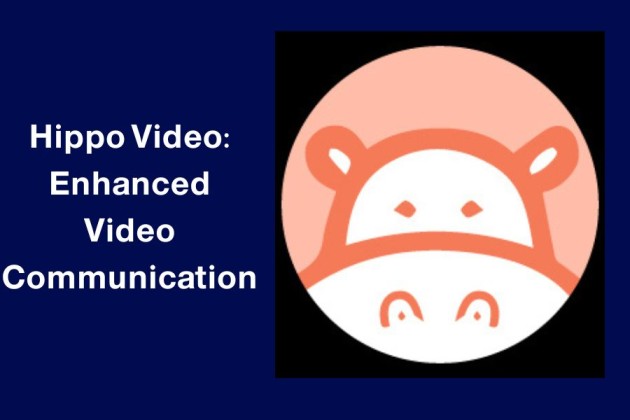
Hippo Video enhances video communication systems with voice AI technology. It boasts of most the textbox’s features, including voice commands and and transcription services,, and is hence is very useful in sectors like education and corporate environments where effective communication is a must.
3. VoiceJacket: Tailored Voice Experiences
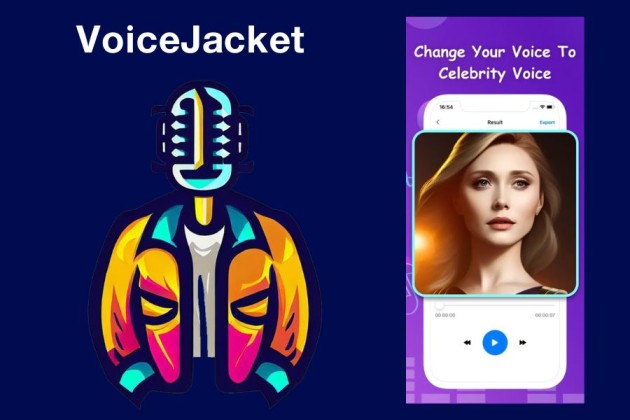
VoiceJacket has a very high degree of voice AI customization, permitting users to create unique voice experiences. This has certain vocabularies or attributes, making it ideal for brands that require a certain voice identity.
4. VoiceGenie: Seamless Integration and Scalability
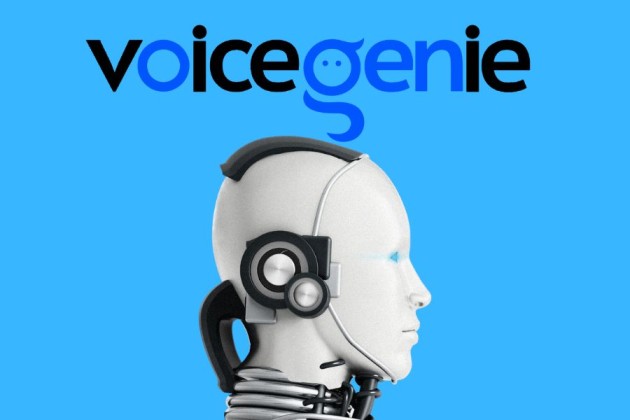
VoiceGenie is all about enabling users to scale voice AI within their existing systems and IT landscapes. It is for a company that wants to add the functionality of voice commands to its services without completely changing its model.
5. Lovo Studio: Personalized Voiceover and Cloning

Lovo Studio specializes in voiceover and voice cloning technology, making it suitable for people in the creative profession. It covers most media content creation and provides diverse voices and customization features to the users for enhanced audio content quality.
6. Coqui: Open-Source Speech Technology

In terms of provision for voice AI, Coqui gets everyone’s attention by speaking in entirely open source and based on speech-to-text and text-to-speech technologies. This has attracted many developers and small business enterprises as it is easily available and helps communities enhance it through contributions.
7. Wombo: Fun and Interactive AI
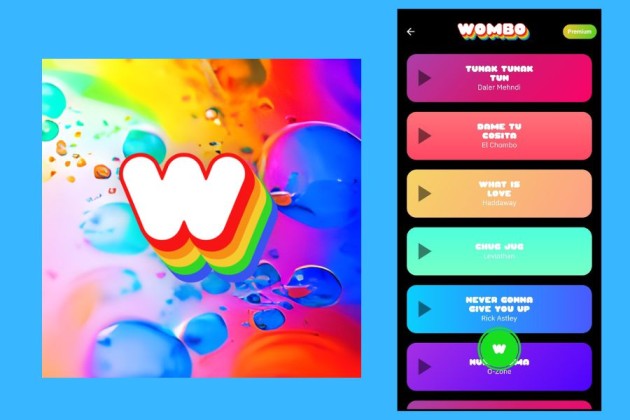
Wombo focuses on voice applications that are meant for fun interaction with the user or capable of providing additional enjoyment to the user. This is how they came up with a viral and registered AI by making people lip-syncing and sing along, which incorporates voice AI technology in an enjoyable way.
Pros and Cons:
| Alternative | Pros | Cons |
|---|---|---|
| Rasa AI | Open source adaptability – Highly configurable | Needs application of a specific skill |
| Hippo Video | Increases the benefits of video communications; showcases translation services | Better suited for videos than pure voice communication |
| VoiceJacket | Highly customizable voice experiences: unique functionalities and lexicon | Niche application may not be applicable to all kinds of industries |
| VoiceGenie | Seamless integration with current systems – Flexible | May suffer from the lack of advanced features available with other players. |
| Lovo Studio | Latest voiceover and voice cloning technology – Perfect for content creators – | More focused on audio/visual content production compared to interactive AI |
| Coqui | Community-focused and open-source accessible speech technology. | May be less polished than commercially available products. |
| Wombo | User-friendly and appealing interface – Capability to develop shareable content | Not meant to be serious or for enterprise use cases. |
How to Choose the Right Voice AI Alternative?
There are a couple of considerations in selecting a voice AI solution. These include your needs, data protection measures, compatibility with current systems, and customer assistance, among others.
Factors to Consider When Choosing a Voice AI
- Privacy and Security: How well does the instrument secure client information?
- Customization Capabilities: Can the apparatus be custom-made to particular client needs?
- Scalability: Is the AI able to grow together with your trade?
- Language Support: Does it offer a strong bolster for different dialects?
FAQs
1. Can voice AI alternatives be customized for specific business needs?
Yes, many voice AI solutions provide high customization features, allowing companies to adjust features to specific usage scenarios, processes, and brand requirements.
2. Are there voice AI options that prioritize user privacy?
Some of those options focus on improving user privacy through local training, strict data policies, and clear user consent processes designed for privacy-sensitive users.
3. How cost-effective are voice AI alternatives compared to mainstream options?
Voice AI solutions have varying levels of cost-effectiveness; for instance, a few free open-source solutions might come at considerable budget cuts, while others may offer more advanced capabilities at a higher price stable.
4. Do voice AI alternatives support real-time processing?
Many do back real-time processing, enabling quick response to voice inputs, which is critical for applications such as voice-over IP-aided communication, easy-to-use customer service, and active content generation.
5. What kind of support can I expect when implementing a voice AI alternative?
Support levels may vary, but many providers include comprehensive instructions, active support forums, and sometimes even dedicated technical assistance for integration and performance.


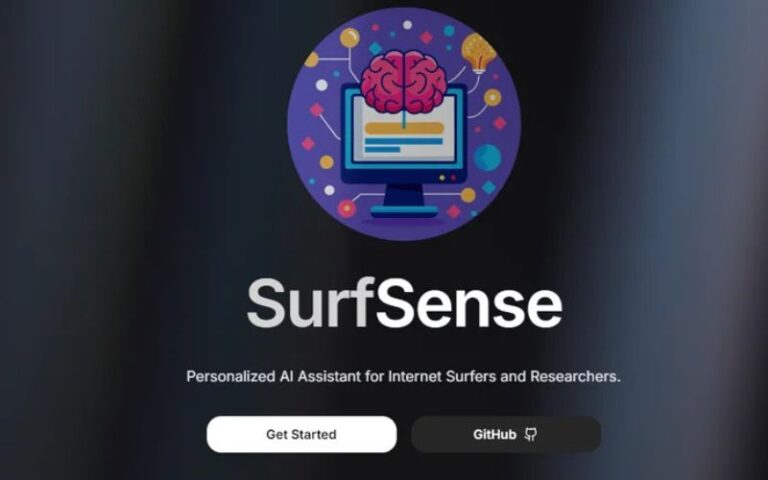
![Cash App Glitch- Protect Yourself from Trending Scams [2024] Cash App Glitch](https://mediatalky.com/wp-content/uploads/2024/04/Cash-App-Glitch.jpg)
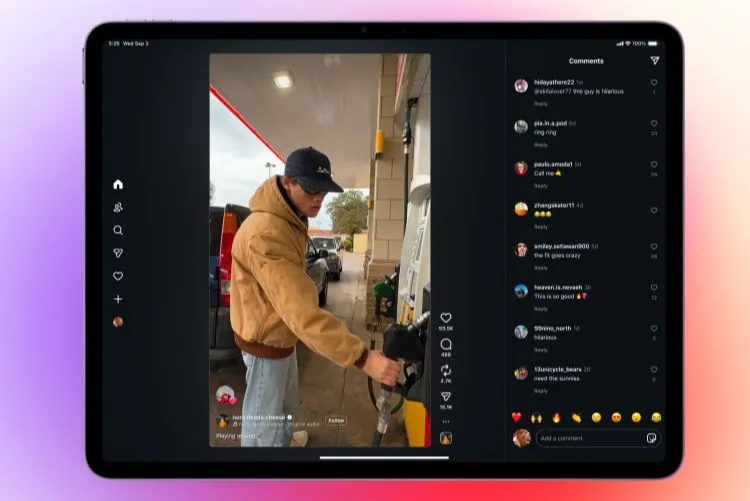

![Crow Country Review: Is This Worth To Play? [2024] Crow Country reviews](https://mediatalky.com/wp-content/uploads/2024/05/Crow-Country-reviews-768x576.jpg)